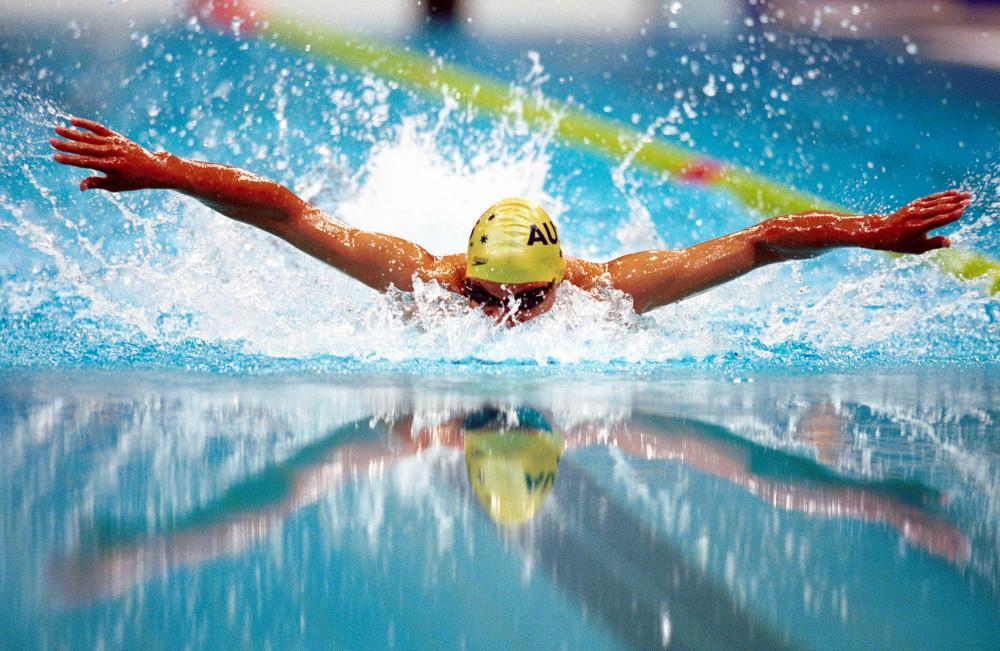
Swimming With a Concussion: Safety, Risks, and Precautions
Swimming is often seen as a relaxing and therapeutic activity, but what if you’ve recently suffered a concussion? Can you still enjoy the water while recovering from a head injury? Swimming with a concussion can be a complex decision, and it’s crucial to prioritize your safety and well-being. In this article, we will explore the considerations, risks, and precautions associated with swimming after a concussion as per Swimzer.
Understanding Concussions
Before diving into the topic of swimming with a concussion, let’s first understand what a concussion is and its potential effects on the body.
A concussion is a mild traumatic brain injury (TBI) caused by a blow, bump, or jolt to the head or body, leading to rapid brain movement within the skull. This movement can result in various symptoms, which may include:
- Headache
- Dizziness
- Nausea or vomiting
- Sensitivity to light and noise
- Cognitive difficulties (e.g., memory problems)
- Fatigue
- Mood changes (e.g., irritability, anxiety)
Concussions can vary in severity, and recovery times differ from person to person. In some cases, rest and avoiding strenuous activities are essential for proper healing.
Swimming After a Concussion: The Considerations
Swimming can offer a unique form of relaxation and exercise. However, swimming with a concussion raises several considerations and potential risks that need to be addressed:
- Balance and Coordination: Concussions can affect balance and coordination. Swimming requires steady balance and controlled movements, which may be compromised during the early stages of recovery.
- Water Safety: Even experienced swimmers can be at risk in the water, especially if they are disoriented or have impaired judgment due to a concussion. Water safety should be a top priority.
- Exertion: Swimming can be physically demanding, and it’s essential to gauge your level of exertion during recovery. Overexertion can prolong the healing process.
- Sensory Sensitivity: Concussion symptoms can include sensitivity to light and noise. Bright sunlight or loud pool environments may exacerbate these symptoms.
- Infection Risk: If you have an open wound or skin abrasion from the injury, swimming in pools or natural bodies of water can increase the risk of infection.
When is it Safe to Swim After a Concussion?
The decision to swim after a concussion should be made in consultation with a healthcare professional, preferably one with expertise in head injuries. They will consider the severity of your concussion, your specific symptoms, and your overall health before providing guidance.
In general, it’s advisable to wait until you are symptom-free and have received clearance from a medical professional before attempting to swim or engage in any physical activity. Returning to swimming too soon can increase the risk of complications or prolonged recovery.
Precautions for Swimming With a Concussion
If you have received medical clearance and choose to swim after a concussion, it’s crucial to take specific precautions to minimize risks:
- Choose a Controlled Environment: Opt for a swimming pool with a lifeguard on duty or swim in a controlled and safe environment. Avoid open water swimming, as it poses additional risks.
- Swim with a Buddy: Never swim alone when recovering from a concussion. Have a friend or family member with you who is aware of your condition and can assist if needed.
- Wear Proper Swim Gear: Ensure you have appropriate swim gear, including a swim cap, goggles, and a well-fitted swimsuit. These items can enhance your comfort and safety in the water.
- Start Slowly: Begin with gentle and controlled movements in the water. Avoid strenuous activities or competitive swimming until you are fully recovered.
- Monitor Your Symptoms: Pay close attention to how you feel while swimming. If you experience any worsening of concussion symptoms, such as increased headache, dizziness, or nausea, exit the water immediately.
- Stay Hydrated: Dehydration can exacerbate symptoms, so ensure you stay hydrated before, during, and after swimming.
- Limit Sun Exposure: If you are sensitive to light, consider wearing a wide-brimmed hat and sunglasses to reduce exposure to direct sunlight.
- Respect Your Limits: It’s essential to know your limits and not push yourself too hard. Rest as needed, and don’t feel pressured to engage in strenuous activities while recovering.
Conclusion: Prioritize Safety and Consult a Professional
Swimming with a concussion can be a possibility, but it should always be approached with caution and under the guidance of a healthcare professional. Safety should be your top priority, and any decision to swim should align with your overall recovery plan.
Remember that every concussion is unique, and what is safe for one person may not be suitable for another. Consulting a healthcare provider with expertise in head injuries is essential for making an informed decision about when and how to return to swimming after a concussion.
Your health and well-being should be the primary focus during the recovery process, and swimming can be considered as an option only when it aligns with your overall treatment plan and when you have received the green light from a medical professional. Always listen to your body and prioritize your safety above all else when considering any physical activity after a concussion.



